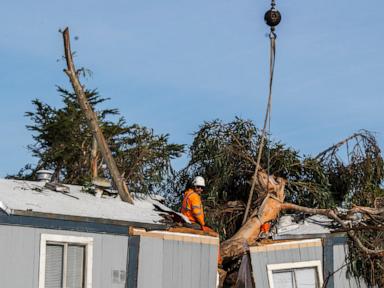(KNSI) – A bill introduced in Congress would raise the federal minimum wage from $7.25 an hour to $15 an hour. A wage hike, economist Ray Perryman says, if approved, would be the first such increase since 2009.
“If you just adjusted for cost of living, it would be up to about $8.75 or so. Something like that might be reasonable to try to keep people at purchasing power parity.”
He says $15 an hour would be more than some sectors, such as the hospitality industry, which was decimated by COVID-19 and ensuing restrictions, could afford.
Among the president’s initiatives in his $1.9 trillion economic recovery plan is raising the federal minimum wage from $7.25 an hour to $15 an hour. Economist Ray Perryman says the move is simply a feel-good piece of legislation that would not have a huge effect.
“What a lot of people don’t realize is when you talk about raising the rates for 32 million workers, only about one percent of the workforce works at or below the minimum wage.”
The non-partisan Congressional Budget Office estimated in 2019, raising the minimum wage to $15 an hour could lead to the loss of 1.3 million jobs, the same study shows it would lift the same number of people out of poverty. Advocates also argue it would put more money back into local economies and small businesses.
A minimum wage increase passed the Democratic-controlled House in 2019 along party lines, but it died in the GOP-controlled Senate. Now that Democrats control both chambers and the White House, the passage seems more likely, but the margins are razor-thin with 48 Senate Democrats, 50 Republicans, and two Independent. The House has 221 Democrats with three non-voting members and 211 Republicans with two non-voting members and one Independent, who is a non-voting member.
A survey done by the Pew Research Center showed that as of 2019, 67% of people favored an increase, with 41% saying they are strongly in favor of it.
Twenty-nine states already have a $15 an hour minimum wage, but the living wage to afford the bare essentials in the U.S. is estimated at around $16 an hour.
In Minnesota, small employers’ minimum wage went up to $8.21 an hour, while large employers must now pay at least $10.08 an hour.








